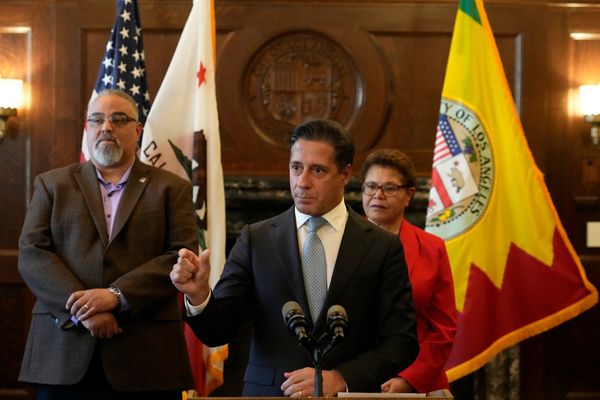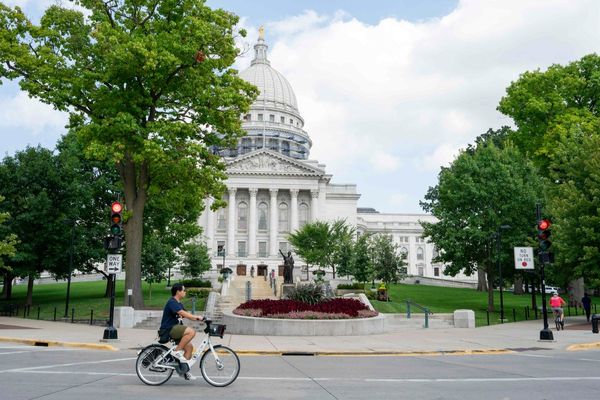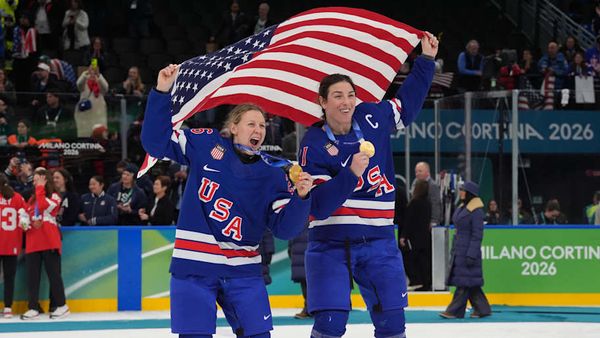An epidemiologist has warned that if current trends continue, at least another 7,500 Australians will die from COVID-19 by the end of the year.
On Sunday, Australia surpassed 10,000 deaths since the beginning of the pandemic, and about 7,500 of those occurred in the first half of 2022.
Epidemiologist Mike Toole says a decline in mask-wearing and a dip in vaccination rates are the main factors behind the spike.
"I estimate 7 million Australians are not protected at the moment against the latest variants of Omicron because they have not had a third dose of a COVID vaccine," Professor Toole told the ABC News Daily podcast.
"Or, if they're children, they haven't even had two doses. Only 40 per cent of our kids aged 5 to 11 have had two doses of the COVID vaccine, so the other 60 per cent are totally unprotected."
Professor Toole is an associate principal research fellow at the Burnet Institute, and he has also worked for the US Centers for Disease Control and Prevention.
He said it was difficult to separate the impact of vaccinations and mask-wearing, but he pointed to research collated during the second wave of COVID-19 in Victoria.
It showed a 45 per cent drop in daily case numbers once mask-wearing was mandated.
"All the other restrictions played a role too, but we were able to differentiate the impact of masks," he noted.
Professor Toole said the same concept could be applied as Australia looked to reduce future deaths.
"In my own experience, I'm one of the rare people [who] continues to wear a mask indoors."
Professor Toole said there was more we could do to reduce the spread of the virus.
"In the medium-to-long term, we need to invest seriously in improving ventilation in indoor places, starting with schools and hospitals, of course, but eventually to all indoor retail and hospitality venues," he said.
Mask-wearing lowers transmission
Professor Toole says that many of the 10,000 deaths that have already occurred could have been avoided.
"You'll see that just a tiny proportion of the deaths in Victoria were among people who had four doses of a vaccine," he said.
He noted that 37 per cent of deaths in Victoria in the first six months of the year "were in people [who] had not been vaccinated at all".
He said that a good proportion of people who died after having one or two doses of a vaccine could have been protected from the initial infection by simple measures such as wearing a mask.
"We've got a lot of data, particularly from the Burnet Institute, on the impact of wearing a mask on transmission.
"It's a measure that does not disrupt the economy.
Australia's 'troubling' world ranking
While Australia's death toll is just a fraction of the numbers seen in nations such as the UK, where more than 170,000 people have died with COVID-19, Professor Toole said our standing in the world in terms of deaths and infection has quickly deteriorated.
"What is troubling, if you look at the last week or the last month … we're in the top five," he noted.
Excluding smaller countries, Australia currently has the third-highest weekly deaths per capita in the world, after Taiwan and New Zealand.
"And, in terms of cases per capita … we are in the top 10," Professor Toole said.
"If that keeps going, of course, the more cases there are, the more deaths there will be."
He said Taiwan and New Zealand were now also ranking much higher than ever before.
"So, you'll notice that these are countries that performed very well during the first two years of the pandemic but, in 2022, we've all more or less gone in the same direction.
Australia's 10,000 grieving families
In January, Paige Carter's 95-year-old grandmother, Patricia, became one of the 10,000 Australians who died from COVID-19 complications.
"Our family is now a big fighting mess over what happened," Ms Carter said.
"And there are 10,000 other families going through similar things that we are."
Ms Carter made headlines in January this year when she posted an impassioned plea on social media for the South Australian Premier to let her visit her COVID-positive "Nana" as she lay dying in hospital.
She was granted access to visit her grandmother the evening before she died, but she was told she couldn't enter the hospital until 8am the next morning.
By that time, Patricia was already dead and Ms Carter never got to say goodbye.
"She passed away thinking that we didn't care and now our whole family has to live with that," Ms Carter told the ABC News Daily podcast.
"She just thought we weren't coming because we didn't care."
Ms Carter said she doesn't want any more families to go through the pain of losing a loved one from COVID-19.
"Spend as much time with them as you possibly can, because now every dinner [that] I said, 'Oh, no. Sorry, Nana, I'm busy' I regret now," she said.
"It's horrible."







